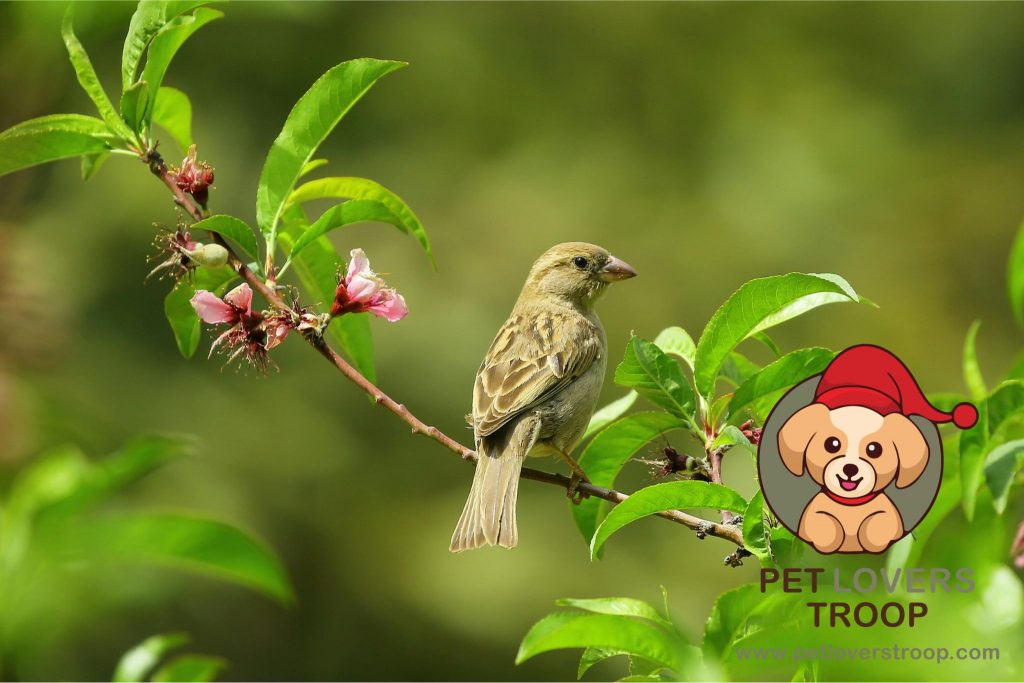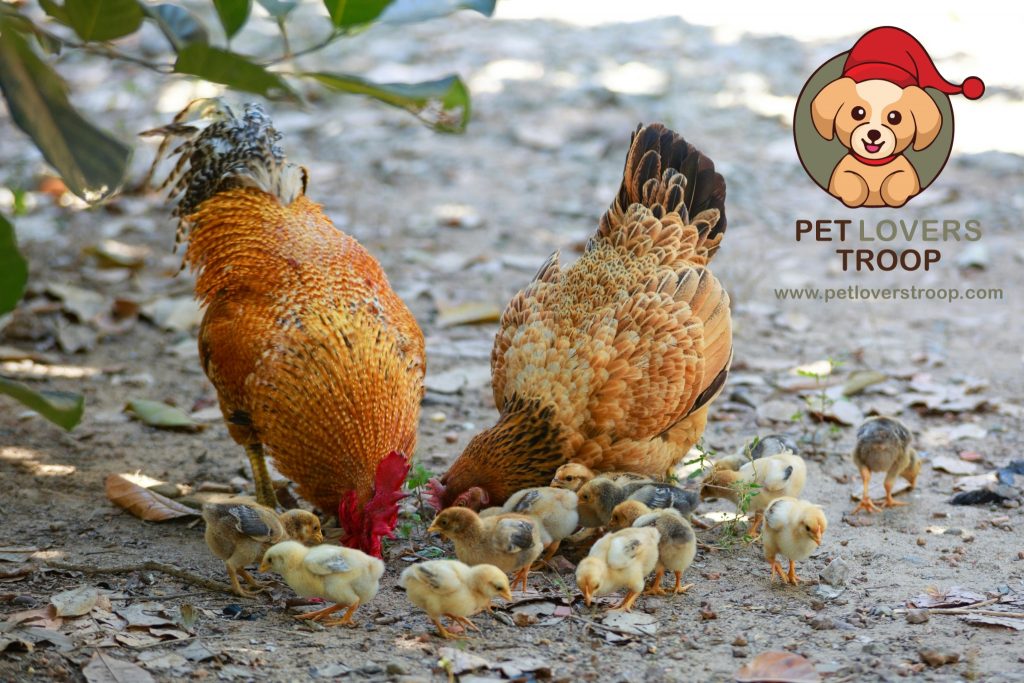Bringing a pet bird into your home for the first time is exciting, but it can also be overwhelming. It’s crucial to understand your bird’s specific needs, as bird lifespan varies significantly by species. For example, the lifespan of parrot birds can range from 20 to 50 years, whereas sparrow birds typically live only 3 to 5 years. Misconceptions about bird care are common, so ensuring you provide the best possible start for your feathered friend is essential.
When birds reach maturity, it can be challenging to determine their age since they don’t show the usual indicators of aging, such as stiff joints or grey fur. Because of this unusual trait in their lifespan, preserving the well-being and joy of birds relies on anticipating and preparing for their long-term care needs. Being aware of the average lifespan of birds and modifying your care accordingly can help ensure your bird lives a healthy and fulfilling life.
Explore this article for helpful suggestions and guidance on how to keep your bird happy and healthy for a long time.
Determining Factors in Bird Lifespan
The following key factors influence a bird’s lifespan for a long and healthy life:
Impact of Species and Genetics on Bird Lifespan
The lifespans of different bird species vary naturally; bigger species, like eagles, tend to have longer lifespans than smaller ones, like hummingbirds. A bird’s lifespan is also largely determined by genetics. For example, because of their genetic composition, certain species have inherently longer lifespans. The bird with the longest lifespan is the macaw, which may live up to 80 years.
Parrots are widely recognized for their lengthy lifespans. Comprehending the various lifespans of birds requires an understanding of the influence of both species and genetics.
Read more: Are Pigeons Good Pets?
The Role of Nutrition in Bird Lifespan
An important factor in influencing a bird’s lifetime is its diet. Due to insufficient diets which are frequently the consequence of owners feeding their birds cheap, nutrient-poor food or giving them table scraps many birds have health issues. Birds require a balanced diet of high-quality bird food and fresh produce, such as lettuce and carrots, with treats offered in moderation to promote a long and healthy life.
Whether a bird is a parrot, pigeon, cockatoo, or hummingbird, it needs a varied diet that includes different fruits, vegetables, seeds, and even insects to be healthy and live a longer life. For your bird to enjoy a long, happy life and to avoid health problems, proper feeding is essential.
Impact of Exercise and Mental Stimulation on Bird Lifespan
Birds need lots of time out of the cage! It’s easy to become so focused on our lives that we don’t realize the time our bird has spent in the cage. You meant to take them out last night, but you were tired. Unfortunately, not getting enough exercise will lead to potential problems later in life. If you want your feathered friend to live long and happy, training is crucial.
Read more: The Black Bird Blues: The Pros and Cons of Owning a Raven as a Pet
The Role of Social Interaction in Bird Lifespan
Birds are remarkably social creatures. They love to interact with people, learn new tricks, and play with new objects. Your feathered companion craves interaction with you! Take some time to pet their head, let them out of their cage, or pick up a new toy for them. Having quality social time with your bird will give them the mental desire and drive to live a long time.
Environmental Factors Affecting Bird Lifespan
Environmental factors like climate change and habitat destruction can negatively impact birds’ lifespans. Birds in supportive, calm, and natural environments tend to live longer compared to those in adverse conditions. Ensuring a suitable habitat is crucial for extending the lifespan of birds, as a positive environment significantly contributes to their overall well-being and longevity.

Species-Specific Care Tips for Optimal Bird Lifespan
Tailored care to the specific requirements of each bird species promotes a longer, healthier life.
Parrots
The lifespan of Parrot bird is decades, so future owners need to be prepared for long-term care. This includes regular vet visits, a varied diet, social interaction, and lots of mental stimulation to keep them happy.
Pigeons
The lifespan of Pigeon bird is generally live for 6 to 15 years. They are hardy birds but still need a balanced diet and a clean environment. They thrive in places where they can fly and explore.
Read more: How to Care for a Rescued Pet Pigeon (for Newbies)
Cockatoos
Cockatoo bird lifespan is 50 to 60 years, so they require lifelong care. These affectionate birds need a lot of attention and interaction. Their diet should include nuts, seeds, and fresh fruits and vegetables.
Hummingbirds
Hummingbirds have a shorter lifespan and need specific care to live longer. They require a diet rich in nectar and insects and should have access to plenty of flowers or feeders.
Doves and Sparrows
Doves live around 10 to 15 years, while sparrows live about 3 to 5 years. With proper care, including a balanced diet and a calm environment, both can have happy and fulfilling lives.

Conclusion
The lifespan of birds varies according to size, species, and environment. Smaller birds can live for a few years and larger birds for decades, such as parrots that can live to be 70-80 years old in captivity. Habitat, food, genetics, and human care all affect lifespan. Birds are affected by both positive human activities (conservation) and negative activities (habitat destruction, pollution). Albatrosses, such as the Wandering Albatross, can live for more than 50 years, whereas small songbirds, such as the House Sparrow, only live for 2 to 5 years.
Meeting the specific needs of each bird species, from parrots and pigeons to cockatoos and hummingbirds, is crucial for their health and longevity. Tailoring care to their unique requirements, such as diet and environment, enhances their lifespan and overall well-being.
